“Russia’s colonial past in Central Asia cannot be whitewashed” — Experts reject RF’s ‘shared history’ narrative
Russia’s Minister of Education recently announced plans to revise history textbooks in several CIS countries. In a discussion at the Kun.uz studio, political analysts argued that atrocities, repression, and other crimes committed by Russia in Turkestan in the past cannot be whitewashed. On the contrary, they stressed the need for full transparency and access to historical archives.
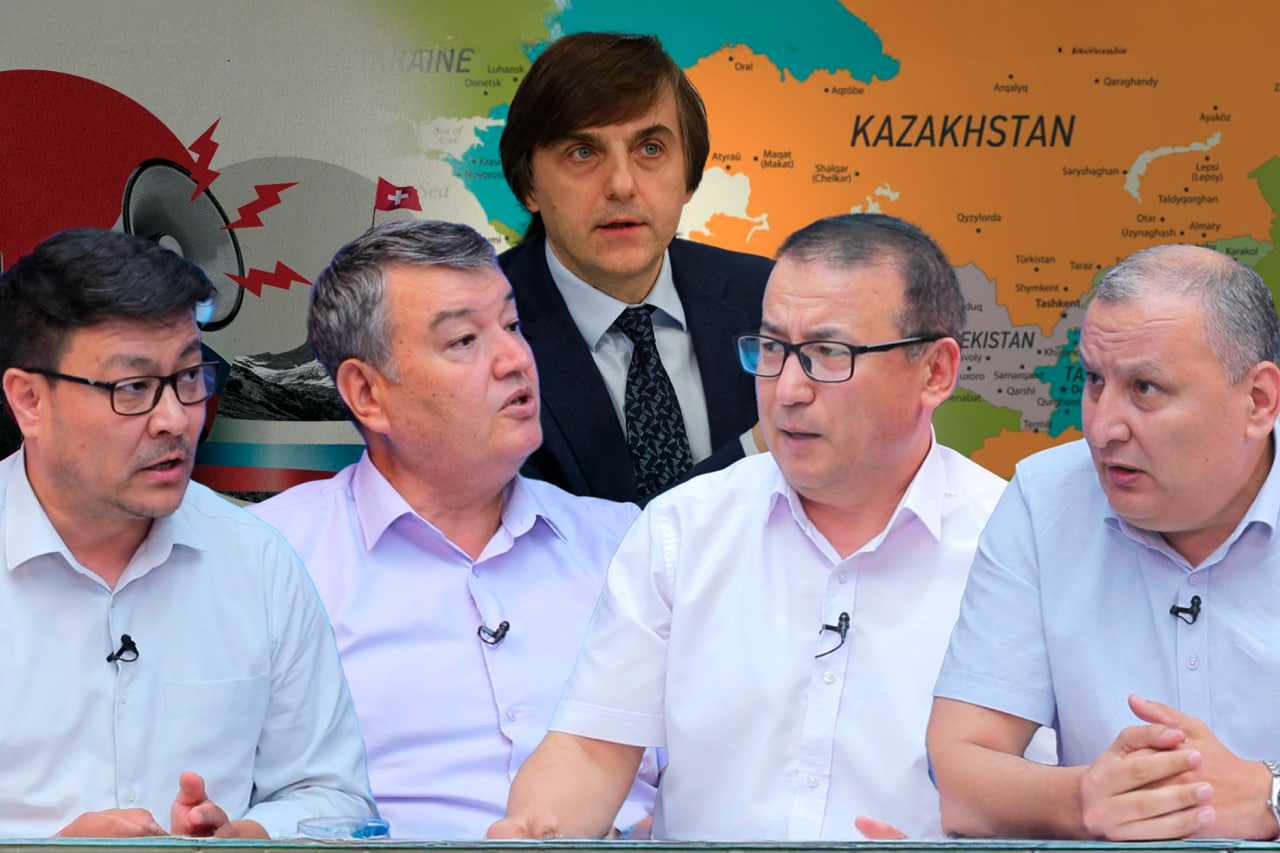
Bektosh Berdiev:
Russia is going too far. For example, we’re not glorifying Genghis Khan as a hero, are we? We call an invader what they are – an invader. That’s a historical fact, and we reflect it in our textbooks. The Russian invasion was one of the largest and bloodiest in our region – what else are we supposed to call it?
Some of our older compatriots still hold on to outdated views like “the Russians brought civilization to Central Asia.” We harbor no hostility toward the Russian people or the current Russian state. But when General Skobelev massacred 22,000 civilians in retaliation for the deaths of two Russian soldiers, are we expected to applaud that? What about Kaufmann’s actions?
Take the Jizzakh uprising, for instance – how many lives were lost there? If so-called “civilization” came at the cost of so many of our people, are we supposed to forget them? Pretend it never happened? We’re not being emotional; we’re simply stating the truth.
Shuhrat Rasul:
What are they trying to force on us? As if the Tsarist Empire came here to “bring us culture.” The Russian chauvinist writer Dostoevsky once wrote in his diary: “We came to these semi-savages in Asia as their masters. In Europe, we’re seen as nothing, but here we are Europeans, we are civilizers.”
Even today, some elders say things like “if Russia hadn’t come, we’d be like Afghanistan.” That’s a baseless argument. It was Russia that bombed Afghanistan for 10 years and dragged it into the Middle Ages. Just compare South Korea – where Russia didn’t intervene – with North Korea – where it did.
And why, all of a sudden, are they remembering our textbooks now? Uzbekistan’s school history textbooks were written in 1994 and have been taught since 1995. Now, 30 years later, they suddenly have a problem with them calling Russia an invader? What were they doing all this time?
Oybek Sirojov:
One of the key principles of science is objectivity. Every event must be approached impartially. If someone was an invader, we must say so; if they were liberators, let’s call them that. History should be approached the same way. It’s also essential from the perspective of educating our youth in the spirit of patriotism and loyalty to the nation. We need to know who invaded us and what they brought with them.
Kamoliddin Rabbimov:
Russia is a classic empire. At the core of imperial thinking is the inclination and ability to use force. Following the war in Ukraine, Russia no longer cares about its global reputation – nor does it need to. Against this backdrop, it’s exerting pressure on Central Asian states. Russia knows full well that it’s imperialist and that it invaded. Tsarist Russia deliberately dismembered the states and nations of Central Asia and committed countless atrocities in Turkestan.
The Jizzakh uprising, the Tashkent rebellion, the events in Khujand... During World War I, Tsar Nicholas issued a decree to conscript men from Turkestan to serve on the front lines and in labor battalions. Our ancestors were thrown into war against fellow Turks – our brothers in faith and ethnicity. That led to uprisings, which were brutally suppressed, leaving hundreds of thousands dead.
Russia came to us with weapons. Colonizing us had been its centuries-old dream.
And let’s be clear – Central Asian countries today are already being very cautious in how they portray history. Official historians often say, “Let’s not provoke a confrontation with Russia.” But if everything were fully revealed, public sentiment would shift dramatically. Russophiles would be silenced.
Shuhrat Rasul:
Our archives remain closed. Kazakhstan has opened theirs. In Uzbekistan, they claim the archives are open, but some historians say, “When we go to access them, we’re denied.” These archives must be made public. The people deserve to know the truth.
President Putin always says, “History must not be falsified.” We 200% agree with that. Indeed, history should not be falsified. And for that to happen, the archives must be fully opened.
Related News
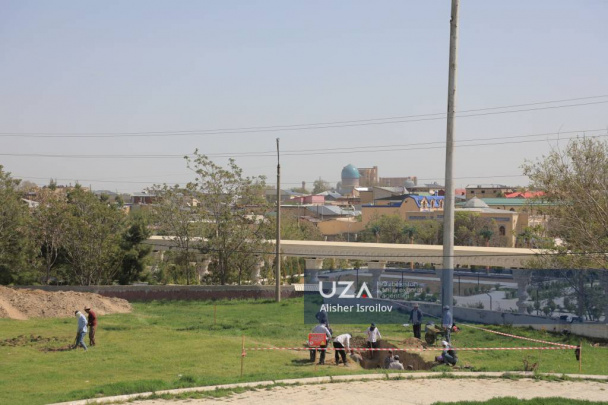
16:15 / 26.07.2025
New findings push Samarkand's origins back to 3,000 years ago
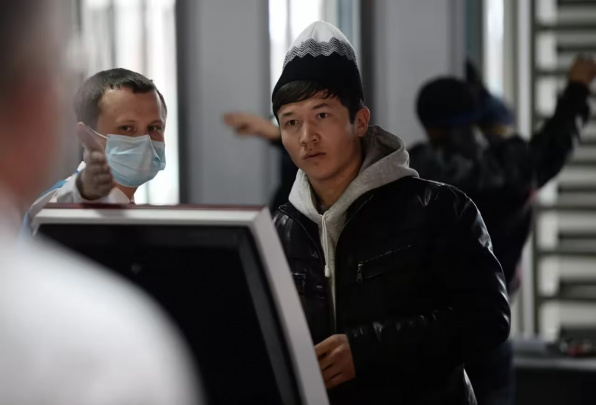
16:31 / 24.07.2025
Russia may reintroduce pre-entry health checks and vaccinations for incoming migrants
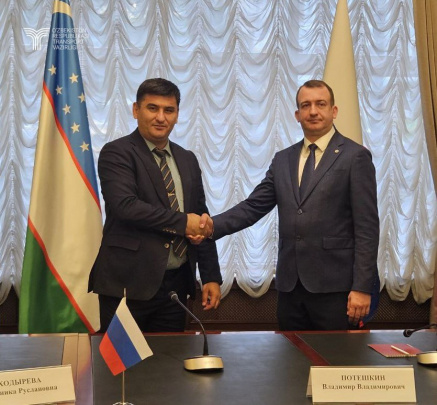
19:18 / 23.07.2025
Uzbekistan and Russia approve over 1,000 weekly flights under new air agreement
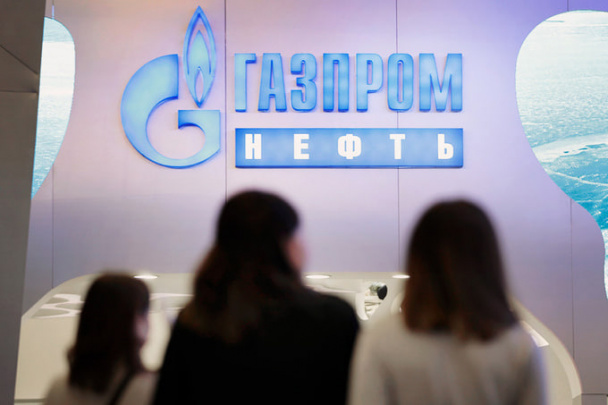
19:07 / 22.07.2025



